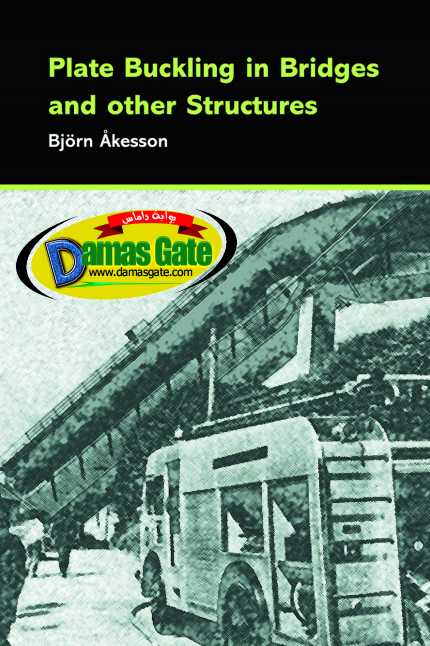Plate Buckling in Bridges and Other Structures

Preface
As a lecturer at Chalmers University of Technology in Gothenburg, Sweden,
during the years 1994–2004, I recognized the need for the students to have a
pedagogical textbook concerning buckling of thin-walled plates. The books we
used were often too theoretical – theory is essential, but it should be combined
with practical issues as well. I therefore devoted my last two years at Chalmers
to writing a textbook that would meet the needs of the students, and by extension,
practising engineers. In writing the book, and delivering the information
and disclosing the inner core of a complex subject, I tried to have in mind the
learning process of the students.
Some may perhaps wonder – especially those readers looking for a book
focusing exclusively on plane plates – why there is a chapter devoted to the
buckling of shells? This final theoretical chapter ties together with the rest of
the book, as there are important differences (and similarities) in the action
of a shell in relation to a plane plate, which helps the reader to understand
both the former and the latter. And one must also remember that even though
Robert Stephenson’s Britannia Bridge was built using only plane plates back
in the 1850s, Stephenson, prior to the completion of the bridge, carried out
tests on circular and elliptical girder tubes – one of the earliest examples of
comparative tests to see the difference in buckling behaviour between different
girder shapes.
Download
http://s18.alxa.net/s18/srvs2/02/002...Structures.rar